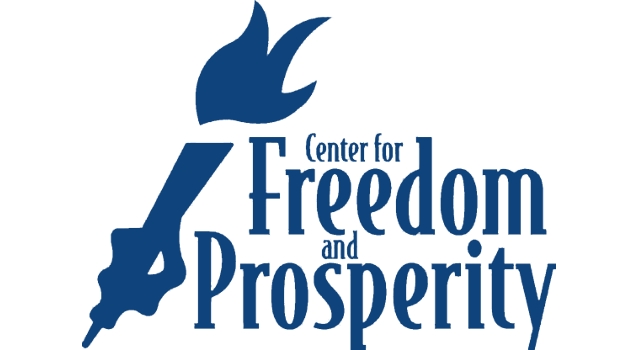This article appeared on The Daily Caller on March 11, 2016.
For more than 70 years, the music industry’s Performance Rights Organizations (PROs) have operated under Department of Justice (DoJ) antitrust consent decrees, allowing the PROs to maintain their monopoly power in exchange for anticompetitive restraints. This formula has worked reasonably well for decades, giving music licensees – from restaurants to retail stores to radio stations – the ability to license music efficiently and without price manipulation through anticompetitive abuses.
The music publishers have decided it’s time to change the formula and are lobbying DoJ to relax the long-standing agreements to their benefit. Following two years of inquiry, a decision on whether to adjust the decrees is expected at any moment. Consumers should be warned, changing or lifting the decrees would likely stifle innovation and leave them with fewer and less convenient listening choices.
The American Society of Composers, Authors and Publishers (ASCAP) and Broadcast Music Inc. (BMI) signed consent decrees with the Justice Department in 1941 when it became obvious that they would lose a looming antitrust case. The decrees prevent abuses by, among other things, requiring licenses to be issued upon request and assigning arbitration duties to a district court when agreements on terms are unable to be reached.
Ideally, the free market preference would be for buyers and sellers to choose when and how to engage in mutually beneficial exchange. However, the millions of songs controlled by ASCAP and BMI coupled with their unquestioned monopoly power and backed by stringent statutory damages for infringement under the Copyright Act severely complicates that scenario.
Whereas copyrights are designed to encourage innovation by rewarding creators, they are not without trade-offs. By definition copyrights limit competition. In some cases they inhibit competition to the point where, assuming the nature of the copyright protections themselves are not being adjusted, then counter balancing policies are required.
The music industry has proven to be just one of those cases. Composers and publishers formed the PROs to combine their copyrights for the bulk selling of licenses. They then abused their dominant market position. One recent tactic involved refusing to disclose to licensees the exact composition of their libraries, making it next to impossible for a broadcaster that opted not to purchase one of the licenses to avoid accidentally playing songs in that catalog and then paying a hefty penalty. It is this practice of “hiding the ball” that caused two federal courts to label even the Society of European Stage Authors and Composers (SESAC), which controls less than 10 percent of compositions, a monopolist.
Together, the two dominant PROs control about 90 percent of all compositions. They have been criticized in recent years by a federal court judge for continuing to use anti-competitive tactics to strong-arm licensees like Pandora into paying rates that would not exist absent leveraging monopoly power. They are also not hurting financially, as both broke royalty collection records in 2014.
The Department of Justice is being put under a lot of pressure by the PROs and publishers to relax the long-standing consent decrees. However, nothing has fundamentally changed within the marketplace to justify ceding to their demands. In fact, ASCAP and BMI control essentially the same percentages of works today as when the consent decrees first went into effect some 70 plus years ago.
Any relaxation of the consent decrees will mean higher prices for any business that uses music, from nightclubs to coffee shops to Internet radio stations. Millions of businesses will be forced to pay higher fees, not because they are all of a sudden offered a better product, but because the government allowed the PROs and largest publishers to once again take their monopoly power out for a spin.

